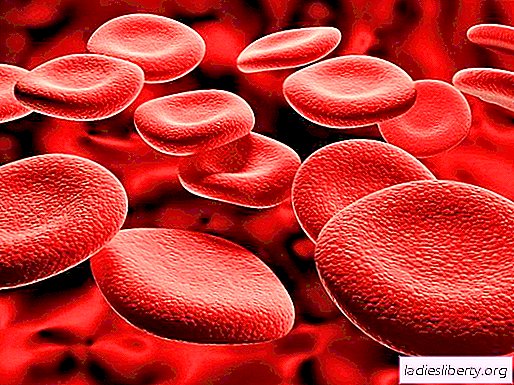
Tumors are one of the most common problems caused by excessive secretion of the hormone prolactin. Women with such a problem suffer from chronic infertility due to anovulation, that is, a violation of ovulation. Now, thanks to the work of French researchers from the INSERM center, they have gained hope. In the course of experiments conducted with mice, a mechanism of hyperprolactinemic changes was discovered that affects their reproduction.
Hyperprolactinemia, one of the main causes of ovulation disorders, is also responsible for menstrual irregularities and infertility. It was previously believed that as a result of increased prolactin levels, one of the most important hormones that affect the reproduction and fertility of β-gonadoliberin (GnRH) is disrupted.
Scientists have found that prolactin has only an indirect effect on GnRH. It was found that prolactin practically suppresses the secretion of neurons that are located above the GnRH neurons and which ensure their full functioning. These neurons secrete the neurohormone kispeptin, which helps maintain fertility.
In mice, hyperprolactinemia suppresses the secretion of kisspeptin and, preventing the secretion of GnRH, practically blocks the cyclic functioning of the ovaries. Scientists believe that with the introduction of kispeptin, GnRH secretion can be restored and, despite hyperprolactinemia, restart the ovarian cyclic ovarian function.
This pathophysiological discovery opens the way to the creation of an original method of treatment, a kind of therapeutic alternative for patients who are drug-resistant.











